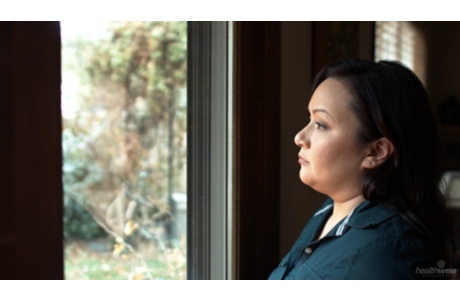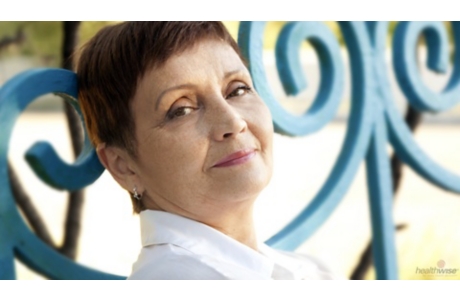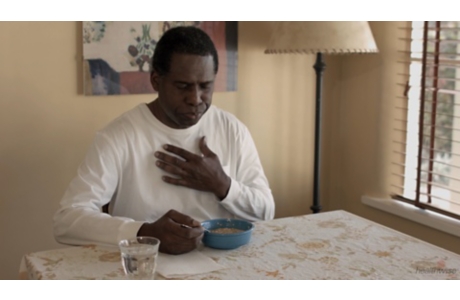Side Effects of Chemotherapy
Topic Overview
The side effects of chemotherapy, sometimes called chemo, depend mainly on the medicines you receive. As with other types of treatment, side effects vary from person to person.
In general, chemotherapy affects rapidly growing and dividing cells. These include:
- Blood cells. Blood cells fight infection, cause the blood to clot, and carry oxygen to all parts of the body. When blood cells are affected by chemo, you are more likely to get infections and to bruise or bleed easily. And you are likely to have less energy during treatment and for some time afterward.
- Hair cells and cells that line the digestive tract. After treatment with chemotherapy, you may lose your hair and have other side effects, such as loss of appetite, nausea, vomiting, diarrhea, or mouth sores.
Many side effects caused by chemotherapy, such as nausea and vomiting, can now be controlled. Your doctor can prescribe medicines to manage nausea and vomiting. And you can take steps to help prevent infections. Side effects generally are short-term problems. They gradually go away during the recovery part of the chemo cycle or after the treatment is over.
Fatigue is a common side effect of chemotherapy. Some people notice that they feel a little more tired than usual, and other people feel completely out of energy. After treatment is finished, this fatigue goes away over time.
Chemotherapy can damage your nervous system. You may notice tingling or a lack of feeling in your hands or feet, or shaking or trembling. These problems usually get better after treatment.
Some people have a mild decline in the ability to think, learn, reason, and remember (cognitive function) during the first years after some types of chemotherapy. This is often called chemo brain. Cognitive function can take a few years to return to normal.
With modern chemotherapy, long-term side effects are rare. But there have been cases in which the heart is damaged and second cancers such as leukemia have developed.
For women
Some chemotherapy can damage the ovaries. If the ovaries fail to produce hormones, you may have symptoms of menopause, such as hot flashes and vaginal dryness. Your periods may become irregular or may stop. And you may not be able to become pregnant.
But some women are still able to become pregnant during treatment. Because some chemo medicines cause birth defects and the effects of other chemo drugs on a fetus are not known, it is important to talk to your doctor about birth control before your treatment begins. After treatment, some women regain their ability to become pregnant. But for most women older than age 35, infertility is likely to be permanent.
For men
Chemotherapy for testicular cancer has been linked to long-term side effects, including infertility, hearing loss, reduced lung function, and an increased risk for secondary leukemia.footnote 1
Most men diagnosed with testicular cancer are younger than 35. So men who are going to have chemo may decide to bank their sperm ahead of time if they want to father children in the future. Talk to your doctor about any fertility concerns you may have.
For a short time after chemo, some men may have problems getting erections. And some may have less desire for sex.
Some chemotherapy drugs can cause birth defects, so it is important to talk to your doctor about birth control before your treatment begins.
Current as of: December 19, 2018
Author: Healthwise Staff
Medical Review:Sarah A. Marshall, MD – Family Medicine & Kathleen Romito, MD – Family Medicine & Jimmy Ruiz, MD – Medical Oncology, Hematology
This information does not replace the advice of a doctor. Healthwise, Incorporated, disclaims any warranty or liability for your use of this information. Your use of this information means that you agree to the Terms of Use. Learn how we develop our content.






